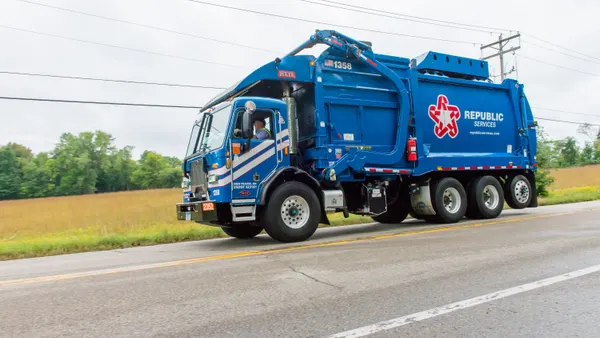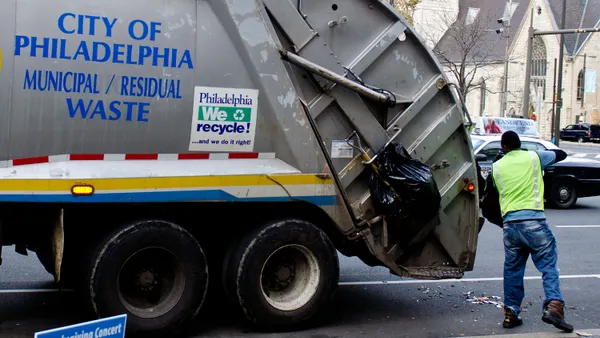Dive Brief:
- Plastic bottle recyclers in Maine are being warned of residual traces of methamphetamines in bottles across the state—a result of the "one pot" method that is being used to make the drug.
- The Maine Drug Enforcement Agency has confirmed that many bottles have contained this toxic and flammable drug, causing recyclers and collectors to be more aware while working.
- Heightened awareness in Maine has had a ripple effect across the country, spreading as far as Houston where school teachers are now hesitant to let their students collect roadside plastic bottles in recycling efforts.
Dive Insight:
While recyclers face many hazards when collecting and processing certain items, such as hazardous cathode ray tubes (CRT) from old televisions, worrying about man-made hazards is an inconvenience that must be stopped. A similar situation has been surfacing for medical waste recyclers as more and more consumers have improperly disposed of hypodermic needles.
The state has warned bottle collectors to be aware of visible red flags on plastic bottles, such as burn marks or disfigurement. Otherwise, it is a matter of public education and employee training to ensure that recyclers stay safe.
"We have all watched the news, so we know that methamphetamine manufacturing can be very dangerous," said Maine's Parsons Street Redemption Center owner Barbara Nardone to Bangor Daily News. "All of our employees are trained on what to look for and what to do just in case a bottle does come in."
As the issue gains nationwide attention, it is hopeful that federal agencies such as the Drug Enforcement Agency (DEA) will help devise a more in-depth plan to keep these bottles out of the hands of workers.










